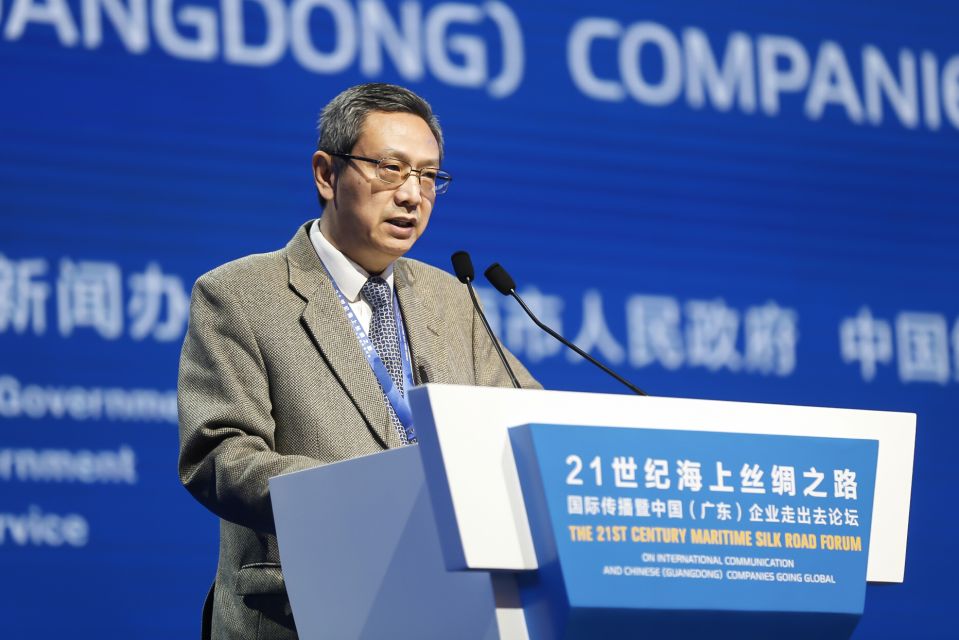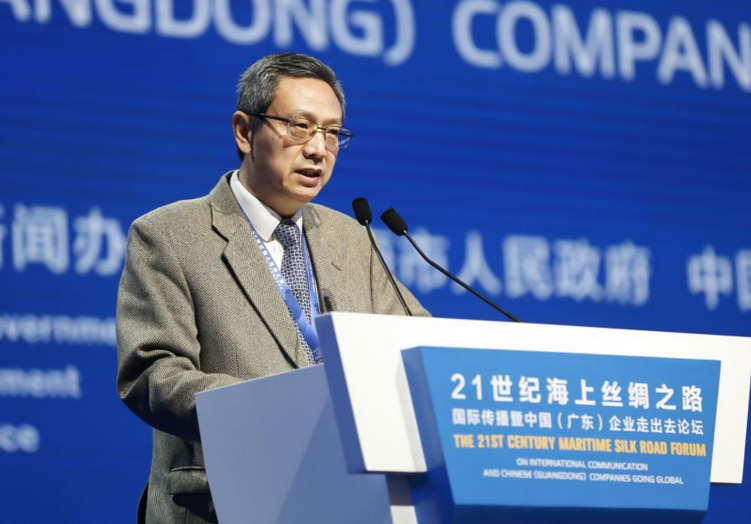
GUANGZHOU, Nov. 29 (Xinhua) -- The supply-side structural reform is intrinsically connected with the win-win nature of the Belt and Road Initiative, according to Jia Kang, renowned economist and former director of the Research Institute for Fiscal Science under China’s Ministry of Finance.
Jia made the comments when delivering a speech at “the 21st Century Maritime Silk Road Forum” on International Communication and Chinese (Guangdong) Companies Going Global held in Zhuhai on November 29, 2017.
“The supply-side structural reform has improved the quality and efficiency of the entire supply system, unleashed the potentials of all economies and emancipated the productivity, so it’s intrinsically connected with the win-win nature of the Belt and Road Initiative,” Jia said.
Jia pointed out that to let peoples in the countries along the Belt and Road feel beneficial, the first step is to push forward infrastructural construction.
For now, a huge amount of capital is needed for the purpose. The capital can be provided through various channels to strengthen the construction of the reticular system and nodes such as logistics parks, free trade zones, development zones and emerging industries, and to develop projects in education, medicine, culture and entertainment sectors that have a high relevance to people’s life, Jia said.
To deal with the limits of financing, great importance should be attached to innovation in the Public-Private Partnership (PPP) mechanism, Jia added.
He noted that after a few year of development of the PPP scheme, both state-owned companies and private companies in China have achieved win-win results in some projects and the mutual benefit among companies will soon extend to the government level.
Moreover, innovation in financing will drive innovation in management mode in China and other countries along the Belt and Road to form the mechanism of government, company and special institution with the effect of 1+1>3.
(Contributed by Yang Qi, kateqiyang@xinhua.org)




 A single purchase
A single purchase









